| Scientific name | Allium sativum |
| Common name |
Garlic |
| Temperature requirement | 25-35 °C |
| Humidity | 40-50% |
| Light | Full sun |
| Watering | Water everyday & keep moist |
| Pests | Bulb mites,leafminers.Nematodes. Onion maggots. |
| Pet friendliness | Not hazardous |
| Maximum plant height | 30-100 cm |
| Potting mix | Potting soil/red soil/manure/perlite |
| Pot requirement | Good drainage & repot every 1-2 years |
| Nutrition | Apply manure for first 15 days and npk for next 15 days |
| Pruning & training | Remove dead & diseased leaves with sterile shears |
| Common color & season | |
| Description | Garlic does best with a sandy or clay loam with very good drainage and a ph of 6.0-8.4, With 6.8 Optimum. Onion maggots thrive if the soil is alkaline, so it pays to watch the acidity. A rotation of at least five years away from alliums is a good practice to reduce the likelihood of disease. Generally 1-2″ of water per week during the growing season (not during the winter), is about right, until the leaves start to yellow and the bulbs start to dry down, when irrigation should be stopped.Fertile soil with lots of organic matter and a full range of nutrients is needed to grow good garlic, and so is full sun. Most growers spread compost or soybean meal at planting time. Foliar feeding, although recommended by some sources, provides no gain in yield if the soil had adequate fertility at planting time. Also, it is technically tricky to get foliar fertilizers to stick on the waxy near-vertical garlic leaves – it tends to run off, so a good spreader-sticker is essential. And foliar feeding (or side-dressing with compost or organic fertilizers) is wasted after the fifth leaf, and certainly after the bulb starts to enlarge. |

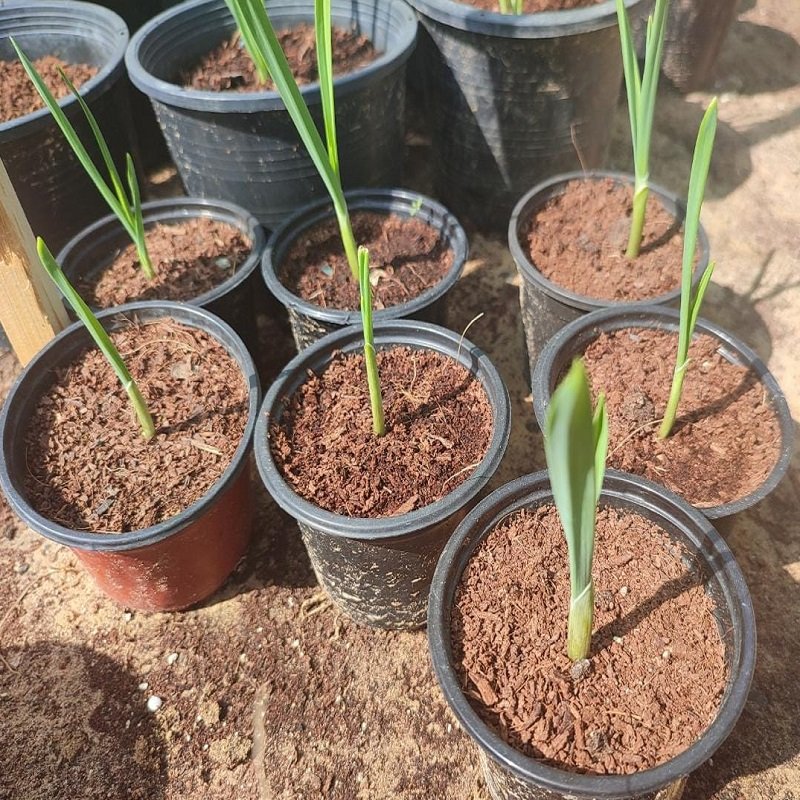
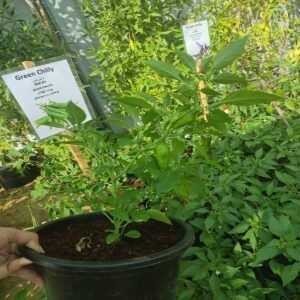
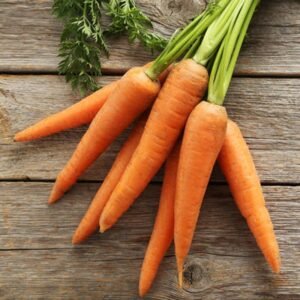
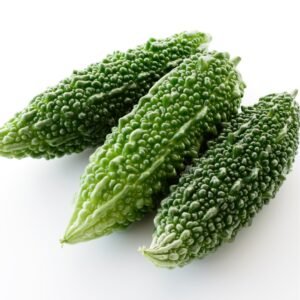
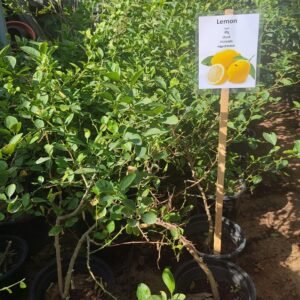
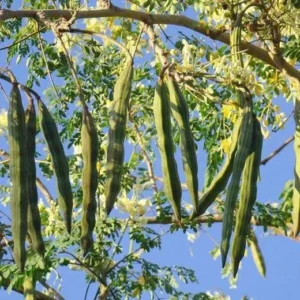


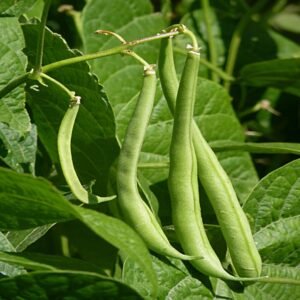

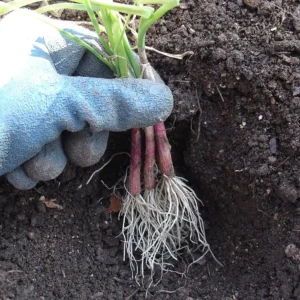


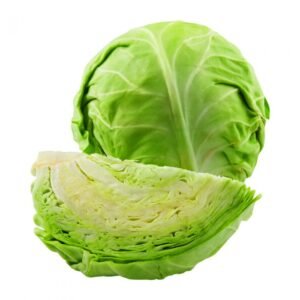

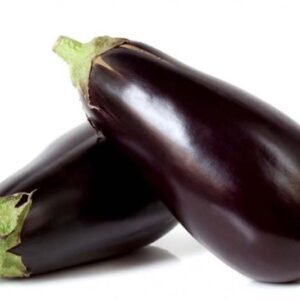
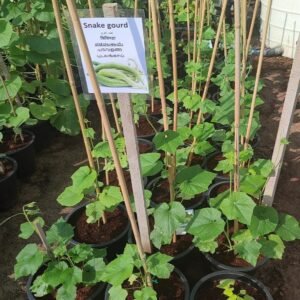

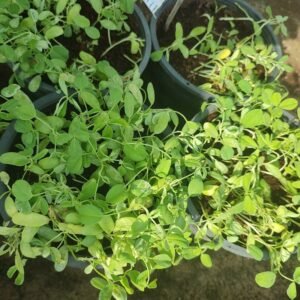
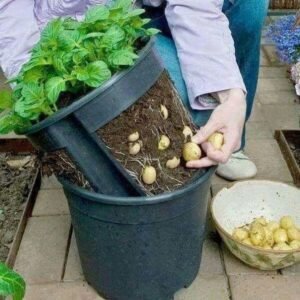

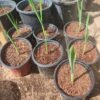
Reviews
There are no reviews yet.